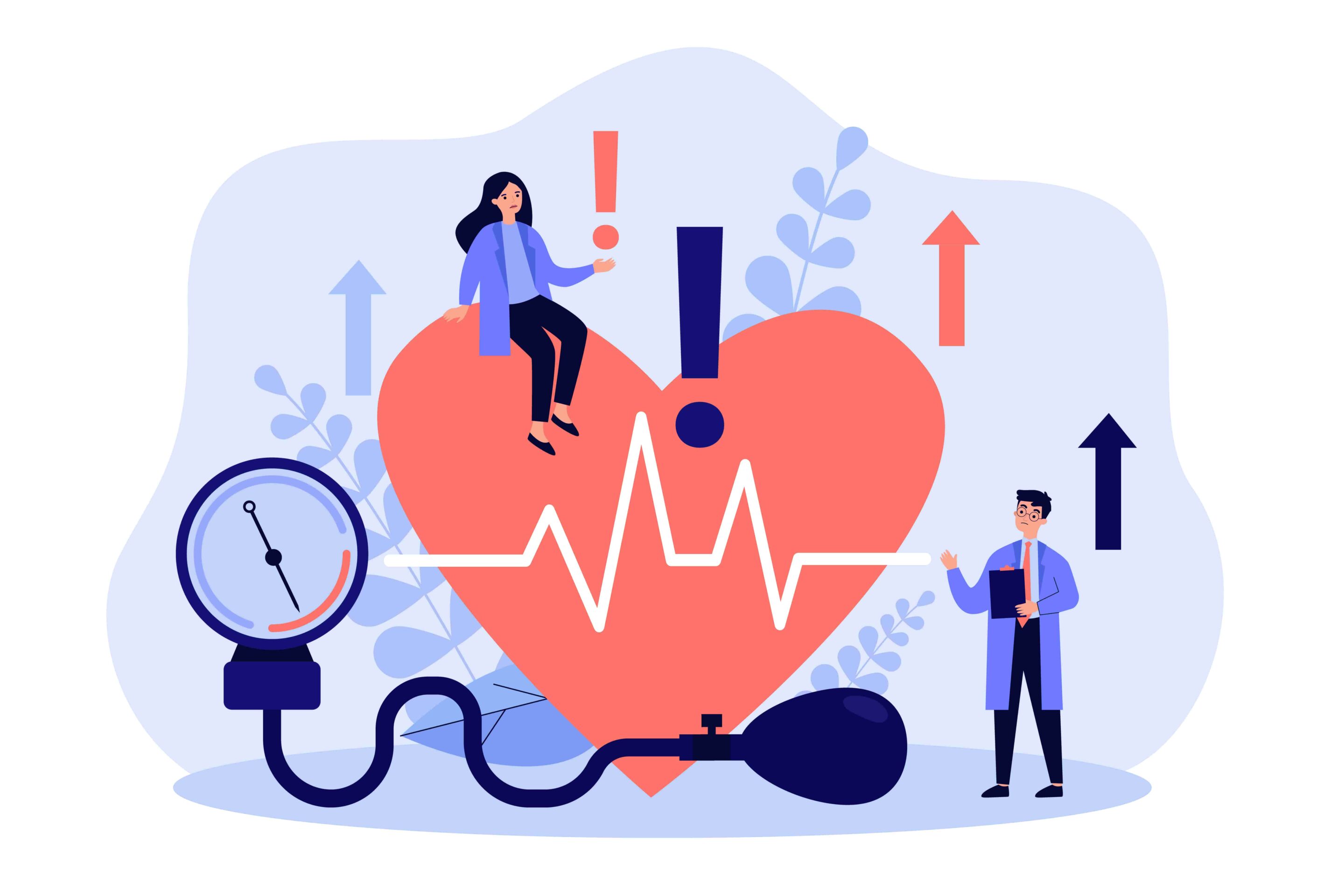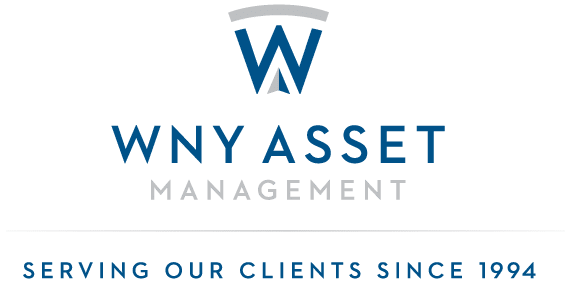
Our hearts are muscles and need proper fuel and rest. Here is how to keep yours on top form – from eating good food to getting plenty of exercise.
Our hearts beat 100,000 times a day, but we tend not to worry about their maintenance unless there is a problem. What should we know about how to keep this vital organ pumping? Four cardiologists give their advice on how to keep our hearts healthy.
Exercise is key
“If you put exercise into a pill, it would probably be better than anything a doctor could give you to improve heart health,” says Prof Dan Augustine, a cardiologist at Royal United Hospitals Bath. The NHS recommends 150 minutes a week of moderately intense activity, such as brisk walking “that gets you a bit breathless”, says Augustine, or 75 minutes of higher intensity exercise, such as running or cycling. “If you think back to ancient times,” says Graham Stuart, medical director of Sports Cardiology UK, “we didn’t have cars, we walked everywhere and did manual labour. All the body processes are designed to be active.”
Be aware of what your body can do
“If you have done no exercise in the past, you need to build it up,” says Augustine. “Older people have more cardiac problems when they are exercising. If you are over 40, you need to have a feel for your own risk factors,” for example, if you smoke or have a family history of coronary disease. Augustine advises having regular health checks, which are offered free by the NHS every five years for people aged between 40 and 74, and include monitoring blood pressure, cholesterol level and diabetes risk.
Overdoing it can be bad too
Generally speaking, you can’t do too much exercise. “If you’re doing really intense stuff like ultramarathons,” says Augustine, “there is some evidence that you can cause some heart damage but this probably reverses after three or four days.” What is more concerning, he says, is people overexerting themselves without being aware of underlying coronary disease. This can be a reason why otherwise healthy people collapse during marathons, or middle-aged men out cycling have heart attacks.
Avoid a sedentary lifestyle
“You’re not going to go from zero to 100% in terms of exercise, but just think about how much you’re sitting,” Augustine says. “If you’re getting your 10,000 steps each day then that is pretty good,” says Stuart. Dr Fizzah Choudry, a consultant cardiologist at St Bartholomew’s in London, says she walks around her house in the evening until she reaches this target.
Inherited risk should be assessed
If you have a family member who has had a heart attack under the age of 60, you should see a doctor, says Augustine. Likewise, “if you have a parent, sibling or relative who has a heart problem that they’re told is inherited, then you must get yourself checked,” says Stuart. You can see your GP or self-refer. It is important to access information on how to live safely with an inherited condition, especially when participating in sport, Stuart adds.
Diet plays an integral role
“I would recommend a Mediterranean-style diet,” says Stuart. “Fruit, vegetables, nuts and pulses are good for blood vessels and good for the heart.” “Swap white bread, rice and pasta out for wholegrain versions because they’ve got more fibre in,” says Augustine. “They are more filling and they are digested more slowly. Protein is really important and helps the body to grow and repair. Oily fish is really good for reducing bad cholesterol, inflammation, and lowering blood pressure.”
Avoid unhealthy foods …
“I’m from Glasgow,” says Stuart, “and there is a lot of evidence to suggest that deep-fried Mars bars are not so good for the heart.” “What I say to patients,” says Choudry, who has a specialism in cardiovascular disease prevention, “is try to cut down on fats – particularly saturated fat – and the amount of oil you put into food. Also cut down on carbohydrates. Mostly when people eat, they have a whole plate of rice or pasta and then a bit of meat and a bit of veg. Cut the carbs in half and fill the rest of your plate with white meat, fish and vegetables, and then you will start to lose weight and reduce your cardiovascular risk.”
… and other no-brainers
“Stopping smoking can significantly improve your life expectancy on its own,” says Tharusha Gunawardena, a cardiologist who works in coronary intervention at the Royal Papworth hospital in Cambridge, and describes himself as a “glorified plumber”. Choudry explains how his heart attack patients often “have a sudden wake-up call, and say: ‘there’s no way I’m ever going to smoke again’, which is great.” He also sees a lot of younger patients who have used cocaine, which can cause a sudden heart attack straight after taking it, or heart disease in the longer term. “From a cardiac perspective, alcohol in moderation is OK,” he says, as long as you stick to safe amounts, which UK guidelines stateshould be no more than 14 units over three days or more. “The key thing is not to binge,” says Augustine.
Prioritise sleep
Gunawardena has just come off the night shift. Working nights, he says, has been shown to cause inflammation and worse cardiac outcomes, but he has done a Brazilian jiu-jitsu session to feel “less awful”. “There are a lot of regeneration processes that occur while we sleep and trying to get eight hours of sleep a day is important,” he says. Better sleep can be achieved through positive sleep hygiene, he says, avoiding screens and prioritising rest before bedtime. “Your heart is a muscle, an engine,” says Augustine. “It needs fuelling and resting.”
‘If you could put exercise into a pill, it would be better than anything else for heart health …’ cardiologist Dan Augustine
Stress leads to unhealthy habits
“Do I have evidence to say that if you are emotionally stressed, that is bad for your heart? I can’t say that,” says Augustine, “but if you are under a lot of stress and your body clock is all over the place … you aren’t going to be as physically active.” “We know that if you’re running on adrenaline, you’re more likely to get abnormal beats,” says Stuart. “If you’re in a constant high-adrenaline environment, you’re more likely to develop problems. How you deal with stress in the modern world is more difficult. I tell the teenagers I see to make sure they get time for rest, whether it’s meditation or a walk.”
Hearts can sometimes race
We become more aware of our heartbeat when we are anxious or nervous, as blood is pumped faster, like when we exercise. Gunawardena explains: “Generally we don’t notice our heartbeat but sometimes people do. This can be because something peculiar is happening, like their heart is racing or beating irregularly. It can sometimes be a normal phenomenon – often contemplating your heartbeat suddenly makes one aware of it, but palpitations, as a symptom, is the unusual awareness of them, where it feels odd.” If someone is concerned about palpitations, especially if they are also breathless and experiencing chest pain, they should see a doctor. “It is hard to be too prescriptive,” says Gunawardena. “It can be a very individual experience. Some people can have abnormal heart rhythms and experience very few symptoms and there are others who find more common, non-life limiting phenomena much more intrusive.”
What is a heart attack?
“A heart attack is when you have a blocked artery,” says Choudry. “And because of the blocked artery, you don’t get blood supply to a certain part of the heart. That is what causes the pain.” Choudry’s team deals with almost 1,000 heart attacks a year and makes about 3,000 coronary interventions, which involve putting stents into people’s arteries when they become blocked, to prevent heart attacks.
A heart attack can feel like a heaviness in the chest
Symptoms vary, says Augustine, but a chest pain “that feels like a weight or heaviness” is common. Some patients describe it as “radiating up to their throat or down their left arm.” This can be accompanied by feeling sweaty or sick. If you think you are having a heart attack you should seek medical advice immediately.
A heart attack can lead to cardiac arrest
When a person is having a heart attack, the arteries are blocked and the muscles are starved of oxygen,” says Gunawardena. “It sets off this abnormal heart rhythm and that makes the heart beat very fast and irregularly. Your heart should pump in a rhythmic, regular fashion, but when it goes into one of these abnormal heart rhythms, it pumps in a very uncoordinated fashion. And so people pass out and that is when they have what is called a cardiac arrest.”
We should all learn how to do CPR …
“I can’t say how important it is that people know how to do CPR [cardiopulmonary resuscitation],” says Gunawardena. “If you don’t know how to perform CPR then learn how to do it so you are prepared if there is a serious complication of a heart attack.”
… and how to use an electric defibrillator
“Ideally they should be everywhere where there is sport,” says Augustine. He recommends looking at the Resuscitation Council website for information on where to find them and how to use them.
After a heart attack, driving and sex should be avoided for a month
Heart attacks “can really upset a person’s confidence,” says Gunawardena, because you can “suddenly become acutely aware of any sensation in the chest.” With sex, “most people tend to feel nervous about it,” says Gunawardena, “and want to have engaged with all the cardiac rehab and exercises first. Like with anything, it’s a case of starting slowly.” Sex, like any form of aerobic exercise, is obviously very good for the heart too.
A pacemaker isn’t as life-altering as it sounds
Stuart gives the example of the Danish footballer Christian Eriksen who had an implantable cardioverter defibrillator, a type of pacemaker, fitted after a cardiac arrest at the European Championships in 2021, but is still playing professionally for Manchester United. There are minor inconveniences, like setting off security at the airport but “people can live really normal lives with them,” says Gunawardena.
IMPORTANT DISCLOSURES Broadridge Investor Communication Solutions, Inc. does not provide investment, tax, legal, or retirement advice or recommendations. The information presented here is not specific to any individual's personal circumstances. To the extent that this material concerns tax matters, it is not intended or written to be used, and cannot be used, by a taxpayer for the purpose of avoiding penalties that may be imposed by law. Each taxpayer should seek independent advice from a tax professional based on his or her individual circumstances. These materials are provided for general information and educational purposes based upon publicly available information from sources believed to be reliable — we cannot assure the accuracy or completeness of these materials. The information in these materials may change at any time and without notice.
Prepared by Broadridge Investor Communication Solutions, Inc. Copyright 2021.
